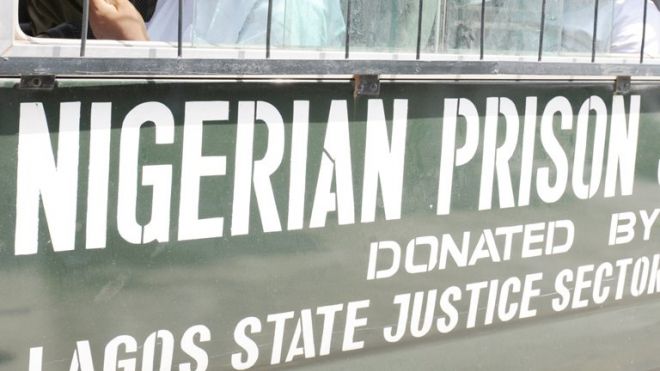By Thomas Murphy
Impunity Watch Reporter, Middle East
TUNIS, Tunisia – Josephine Markmann, Pauline Hillier, and Marguerite Stern, the three Femen activists arrested last month for a topless protest, were released on Wednesday after a Tunisian court heard their appeal. The women had been sentenced to four months in jail for public indecency and offending public morals after protesting Amina Tyler’s arrest. The women left Manouba prison late Wednesday night in the midst of small protest and arrived back in Paris on Thursday.

The women, dressed in the traditional Tunisian veil or sasfari, apologized for their actions during the appeal on Wednesday.
“I didn’t think it was going to shock Tunisians to that extent. Given the consequences, I would never do it again. We want to return to our country and our loved ones,” Ms Hillier told the court.
Local Islamist associations were attempting to join the trial as a civil party, which is allowed under Tunisian law, in an attempt to seek damages and delay the appeal. Their lawyers asked for an extension and unsuccessfully argued that there had not been sufficient time to review the case file.
The activists’ French lawyer, Patrick Klugman, argued that the Islamist associations were merely trying to delay the appeal in an effort to keep the women imprisoned. The court agreed and allowed arguments to proceed. Klugman appealed to the court that the protest was not sexual in nature and that the women did not exact such significant backlash as a result of their actions.
“You cannot pervert the message of Femen. Their breasts were visible to the public but they were carrying a message you can’t ignore. Stop looking at their breasts… and listen to them,” Klugman told the court.
The ruling comes after the Tunisian government came under pressure from Germany, France, and the European Union to reform its freedom of expression laws. These governments along with international human rights groups had criticized the punishment as harsh and unjust.
The three activists had also received support from fellow Femen members. Tunisian Prime Minister Ali Larayedh had been visiting Brussels on the eve of the hearing when three topless Femen protesters jumped on the hood of his car demanding the jailed Femen protesters be released.
For further information, please see:
Al Jazeera – Tunisia frees European Femen activists – 27 June 2013
Reuters – Tunisia frees trio who staged topless protest against Islamist-led government – 27 June 2013
BBC – Tunisia frees Femen topless protest activists – 26 June 2013
Daily Star – Jailed activists apologize for topless Tunisia protest – 26 June 2013


